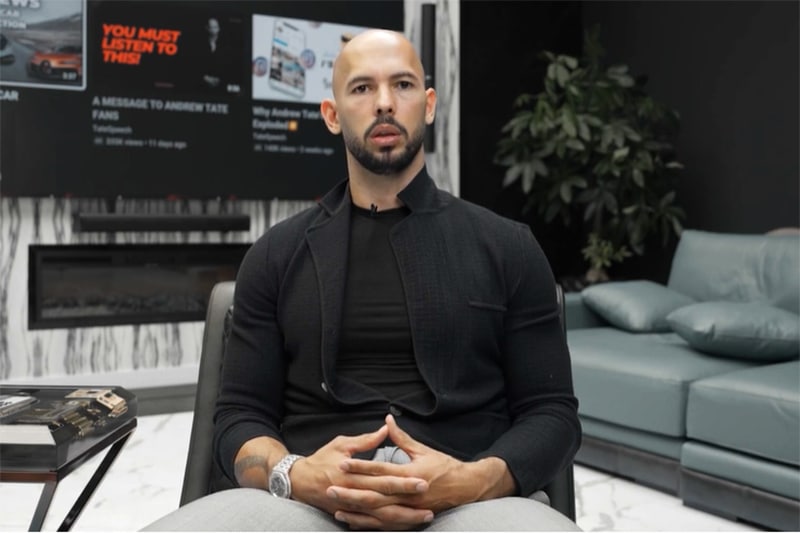In the world of online debates, few names spark as much interest as Hasan Piker and Andrew Tate. Recently, Hasan, a prominent political commentator and Twitch streamer, expressed his willingness to debate Andrew Tate, a controversial figure known for his outspoken views on various topics. However, Hasan remains skeptical about whether Tate will actually accept the challenge (Hasan Piker Confronts Andrew Tate).
Hasan Piker, who is known for his engaging and often fiery debates, has thrown down the gauntlet to Andrew Tate. While Hasan’s followers eagerly anticipate such a face-off, he has openly shared his doubts about Tate agreeing to participate. This skepticism stems from Tate’s history of avoiding debates with opponents who hold contrasting viewpoints.
Hasan’s Perspective
From Hasan’s perspective, the potential debate offers an opportunity to dissect and challenge Tate’s views in a public forum. Hasan is known for his ability to break down complex arguments into understandable terms, making him a formidable opponent in any debate setting. His followers expect him to provide a thorough analysis of Tate’s positions, should the debate occur.
Hasan Piker Confronts Andrew Tate: Tate’s Track Record
Andrew Tate, a former kickboxing champion and social media influencer, is no stranger to controversy. His outspoken nature and sometimes polarizing opinions have earned him a significant following. However, Tate has a reputation for shying away from debates with critics, often preferring to express his views through videos and social media posts instead.
Debate Analysis
Should the debate take place, it promises to be an intriguing clash of ideologies. Hasan’s approach is typically rooted in progressive politics and social justice, while Tate’s views often lean towards libertarian and individualistic philosophies. This stark contrast sets the stage for a potentially explosive exchange of ideas.
Hasan Piker Confronts Andrew Tate: The Audience’s Role
The anticipation surrounding the potential debate highlights the growing interest in online discourse and the role of public opinion in shaping these interactions. Audiences play a crucial part in these debates, as their engagement and feedback can influence the direction and outcome of the discussions.
Conclusion
While Hasan has made it clear that he is ready and willing to debate Andrew Tate, the ball is now in Tate’s court. Whether he accepts the challenge remains uncertain. Regardless of the outcome, the prospect of this debate serves as a reminder of the power of dialogue and the importance of engaging with opposing viewpoints. As the debate world watches and waits, the question remains: Will Andrew Tate step up to the challenge, or will Hasan’s skepticism prove to be well-founded?
In the end, the potential Hasan vs. Tate debate underscores the dynamic nature of online discussions and the impact they can have on public discourse. Whether or not the debate occurs, it has already sparked conversations and interest, demonstrating the enduring appeal of intellectual exchanges in the digital age.
